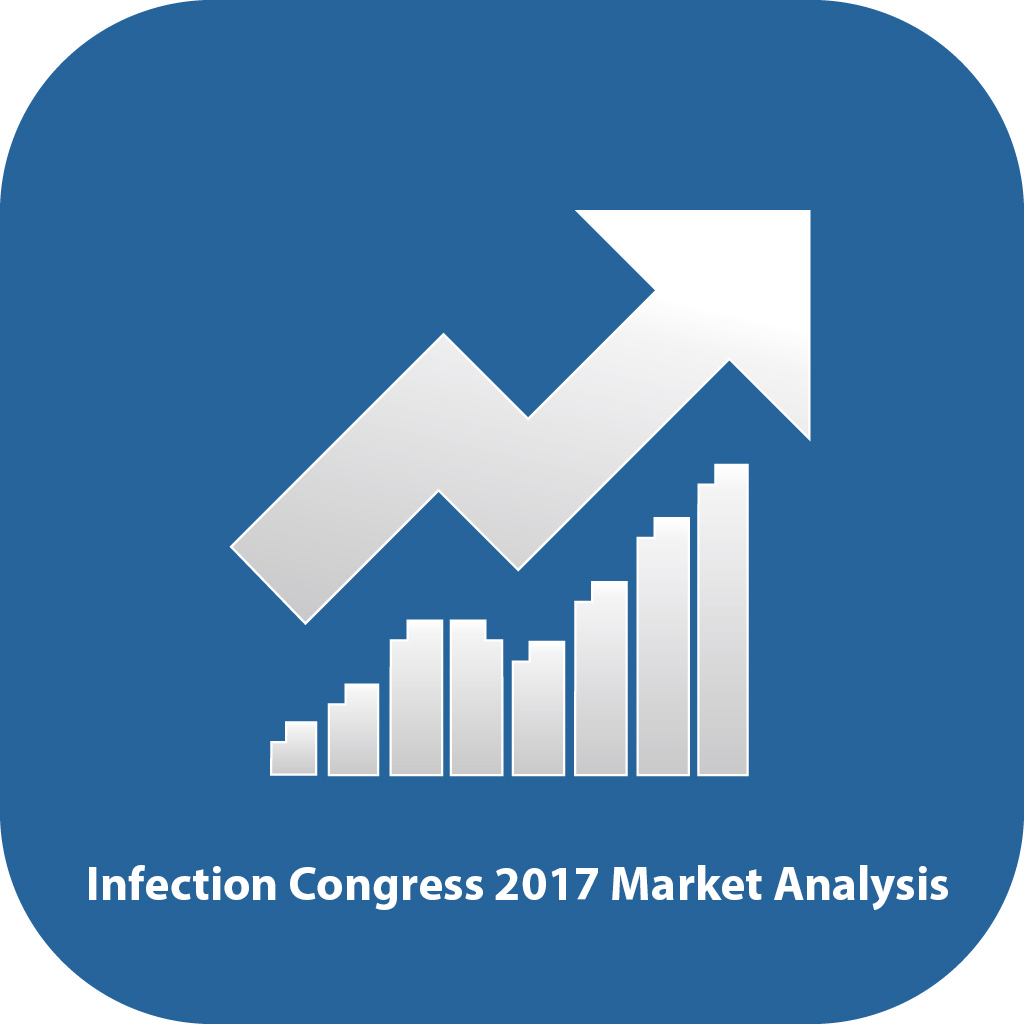
Imran Khan
University of California, Davis, USA
Title: Tuberculosis Translational research: Integrative approach in nonhuman primates to TB patients
Biography
Biography: Imran Khan
Abstract
Approximately, two billion people worldwide are infected with Mycobacterium tuberculosis (M. tb.), the etiologic agent of tuberculosis (TB). A tenth of the infected individuals develop active disease. Active pulmonary TB is an inflammatory disease and is increasingly viewed as an imbalance of host immune responses to M. tb. infection. The current frontline diagnostic methods including sputum smear (SS) microscopy, and X-ray, are insensitive, inefficient, cumbersome or too expensive. The most widely used test, SS microscopy (WHO standard), test has a low sensitivity. Therefore, there is an urgent need for low cost, efficient, high-throughput and accurate diagnostic approaches. We have developed multiplex antibody biomarker based TB diagnostic system in pre-clinical research in non-human primates and tested it in TB patients. Data on immune biomarkers, microbiology, and CT imaging from proof-of-concept and subsequent field studies have shown that this approach will enable a scalable, flexible and cost effective model for diagnostic applications. In addition, we have published that 10 plasma cytokine/chemokine biomarkers representing host immune-responses in TB patients, are not only gender biased but concentrations of some of these biomarkers (e.g., IP-10, MIG, IL-16, IFN-α and G-CSF) progressively decreased in patients which responded to anti-tuberculosis treatment (ATT) with a cocktail of several drugs (isoniazid, rifampin, ethambutol, and pyrazinamide or streptomycin - WHO Standard). This decrease is strongly correlated with treatment success and can be used for monitoring efficacy of therapy. This is important because ATT is a drawn out process (at least six months), and early detection of patients who may not respond to therapy is important. One possible reason for not responding to ATT could be due to infection with multi-drug resistant (MDR) strain of M. tb. The standard culture based drug sensitivity testing can take several weeks. Therefore, there is a need for rapid molecular tests. A test, based on multiplex gene amplification (multiplex PCR), of several M. tb. genes involved in drug resistance, and multiplex detection of the relevant gene mutations to detect resistance against four TB drugs will also be discussed.

